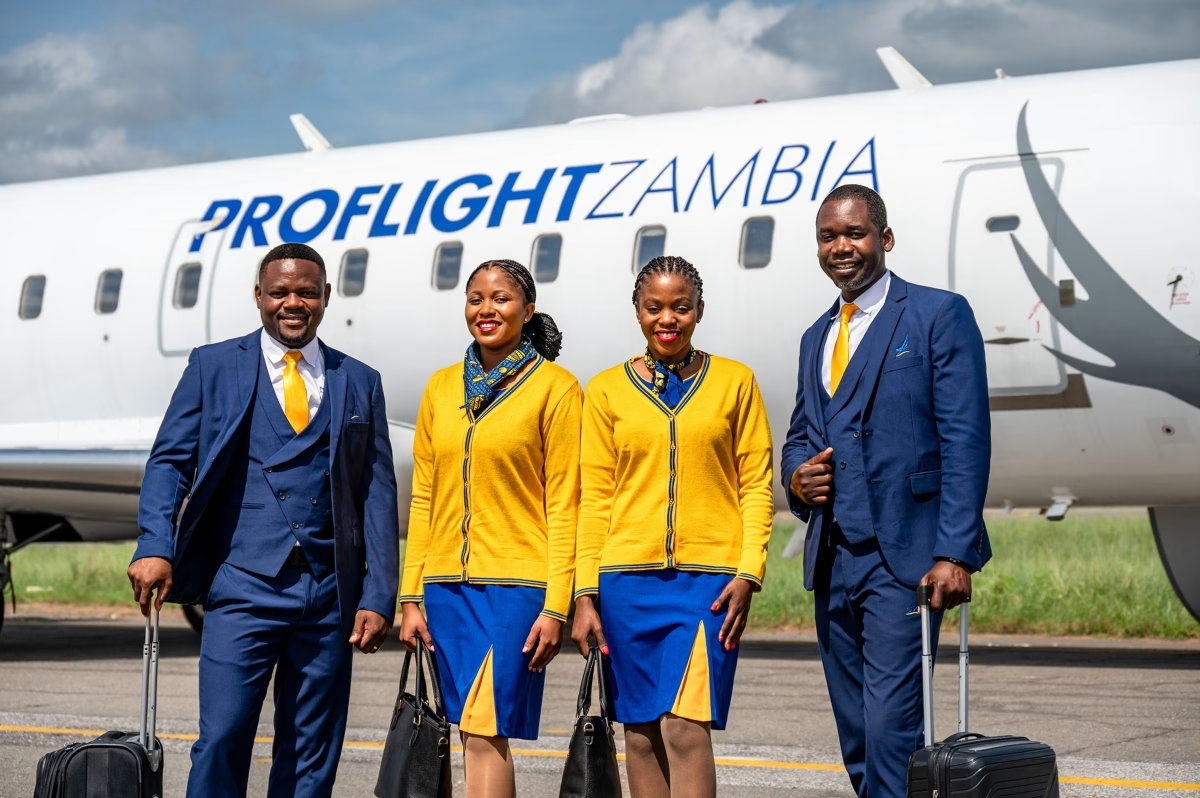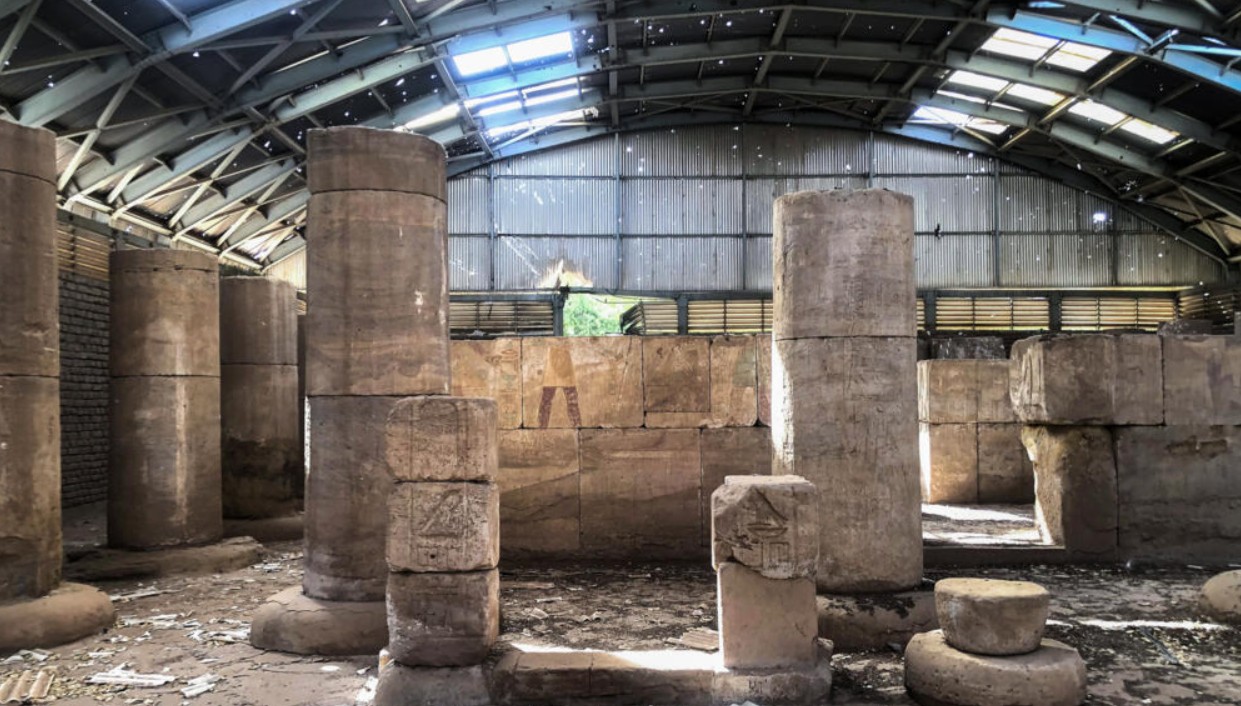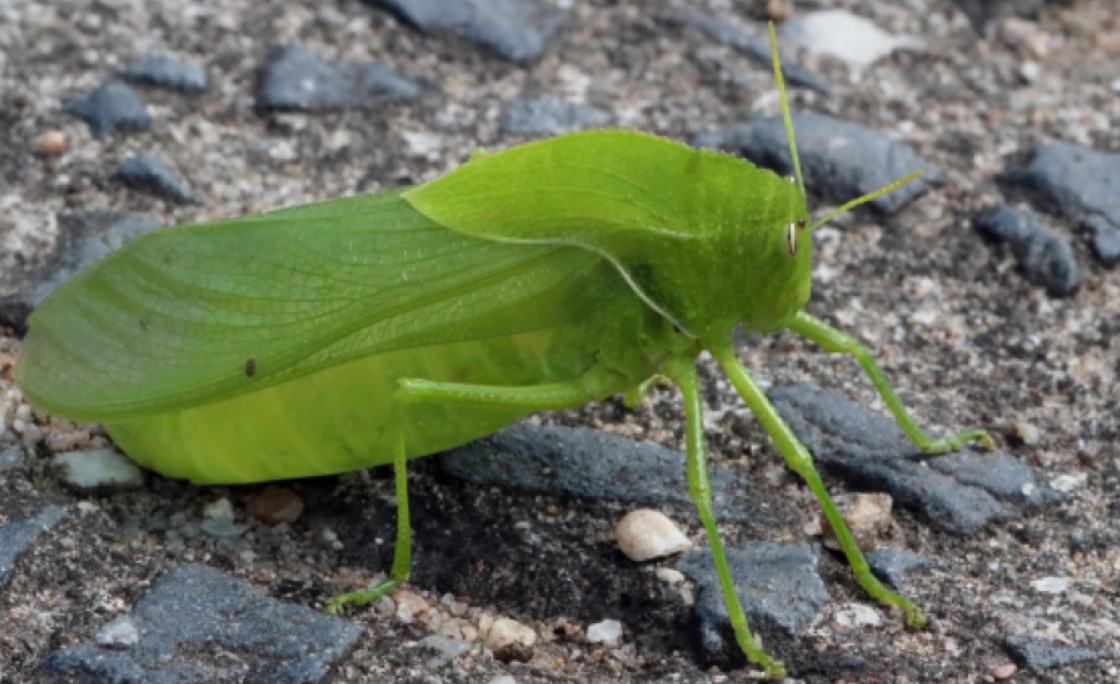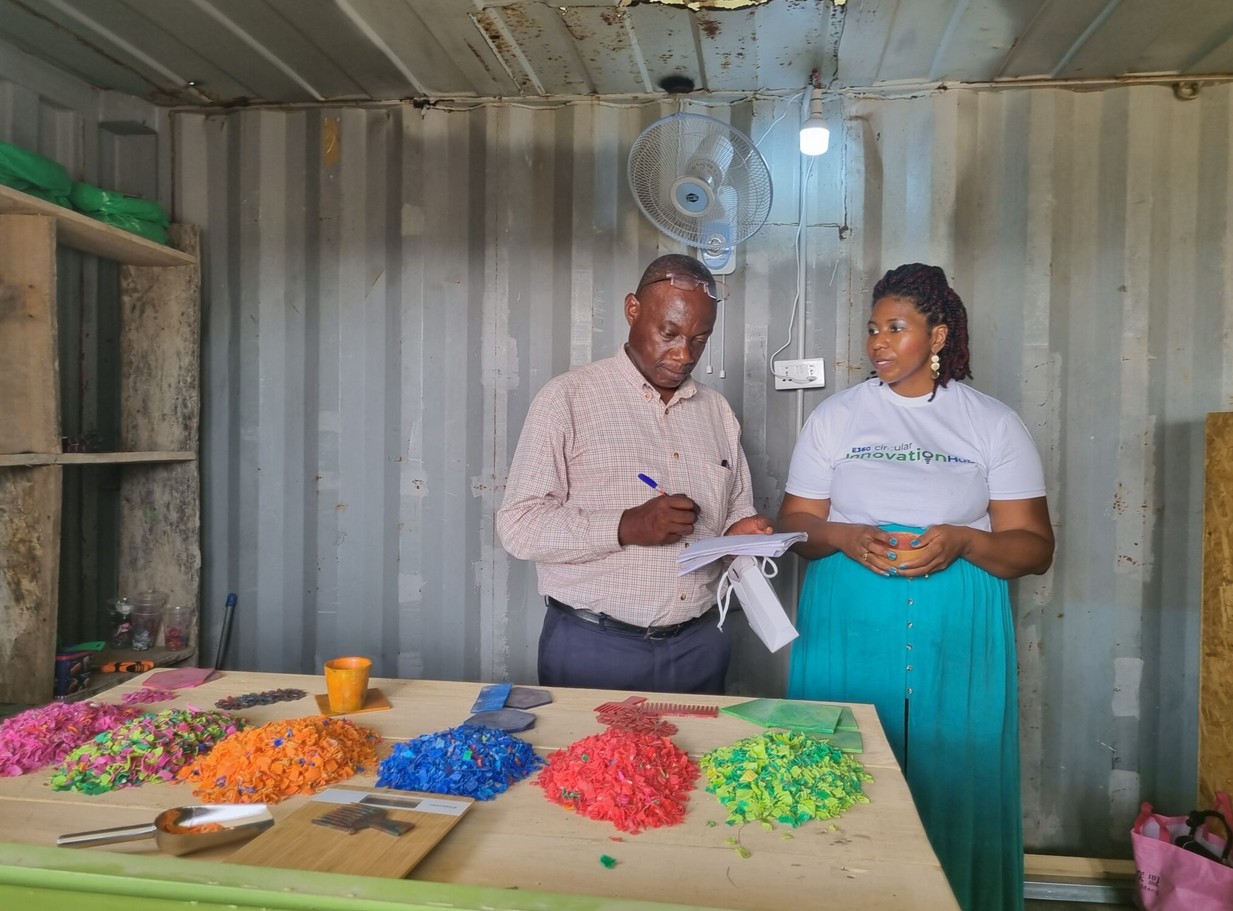What You Need to Know
Togo is a narrow coastal nation in West Africa known for its strategic port, regional trade role, and diverse cultural landscapes packed into a small territory. Stretching from the Gulf of Guinea northward into savannah and hills, Togo has long functioned as a commercial corridor linking coastal markets to landlocked neighbors. Today, the country is focused on logistics-led growth, infrastructure modernization, and gradual economic reform.
Togo at a Glance
Capital: Lomé
Population: ~9–9.5 million
Official Language: French
Government: Presidential republic
Economy: Services- and agriculture-led, with logistics and trade
Key Strengths: Deep-water port, regional connectivity, phosphate reserves
Regional Role: Coastal trade and transit hub for West Africa
Why Togo Matters
Togo matters because of its outsized role in regional trade and logistics. The Port of Lomé is one of West Africa’s busiest deep-water ports and serves as a gateway for landlocked countries such as Burkina Faso, Niger, and Mali. As regional integration deepens, Togo’s efficiency in transport, customs, and services has growing influence on West African supply chains.
Geography and Location
Togo is located in West Africa, bordered by Ghana to the west, Benin to the east, Burkina Faso to the north, and the Gulf of Guinea to the south.
Despite its small size, the country’s geography is diverse, including coastal lagoons, forested hills in the center, and savannah plains in the north. This north–south corridor has historically shaped trade and migration.
People and Society
Togo has a population of approximately 9–9.5 million people and is ethnically diverse. Major groups include the Ewe in the south, Kabye in the north, and several central and northern communities.
French is the official language, while Ewe, Kabye, and other national languages are widely spoken. Christianity, Islam, and traditional belief systems coexist, often within the same communities.
Urbanization is increasing, with Lomé serving as the political, economic, and cultural center.
A Brief Historical Context
Before colonization, the region that is now Togo was part of wider West African trade networks. In the late 19th century, it became a German colony, later administered by Britain and France after World War I.
Togo gained independence in 1960. Post-independence politics were dominated by long periods of centralized rule, shaping the country’s political institutions and governance culture.
Government and Politics
Togo is a presidential republic with strong executive authority. Political reforms and elections have taken place, though governance debates continue around political inclusion, institutional reform, and economic opportunity.
Stability and policy continuity have been central to recent development strategies.
Economy: Logistics, Agriculture, and Reform
Togo’s economy is anchored by services, trade, and agriculture. The Port of Lomé is the country’s primary economic asset, supporting shipping, warehousing, and re-export activity.
Key economic sectors include:
- Transport and logistics
- Agriculture (cotton, coffee, cocoa)
- Phosphate mining
- Manufacturing and processing
Improving the business environment and expanding value addition are ongoing priorities.
Trade, Diplomacy, and Regional Influence
Togo is a member of the Economic Community of West African States (ECOWAS) and plays an active role in regional trade facilitation and mediation efforts.
Its port infrastructure and transport corridors make it an important partner in West African integration.
Tourism and Cultural Heritage
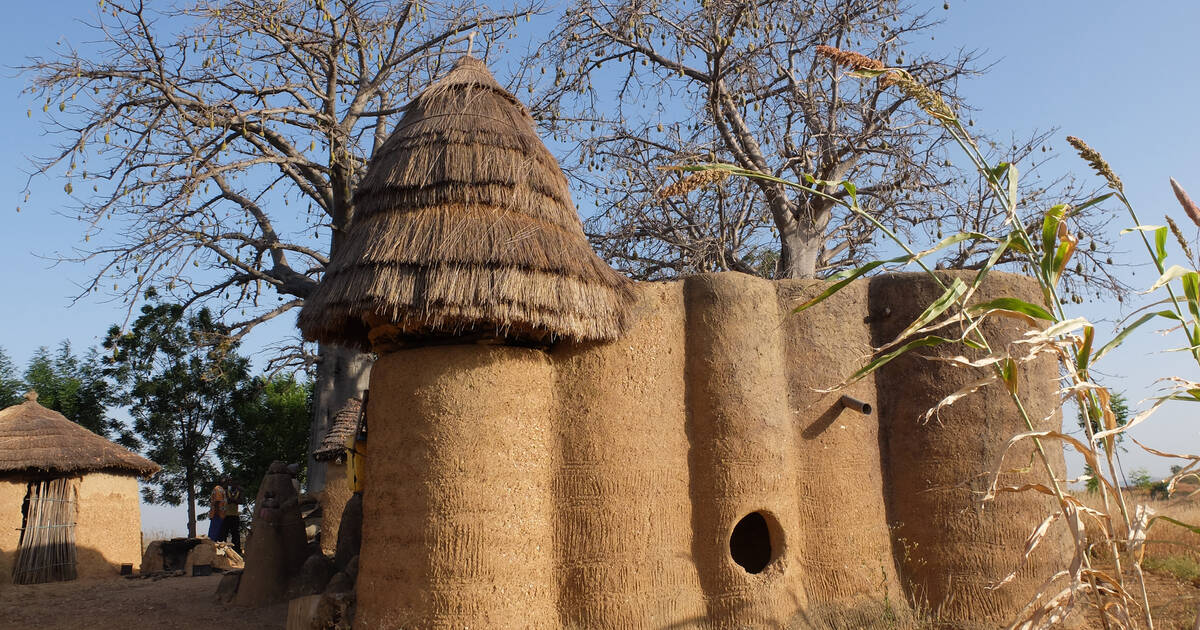


Tourism in Togo is modest but culturally rich. The Koutammakou region—home to the Batammariba people—is a UNESCO World Heritage Site, recognized for its distinctive earthen architecture.
Beaches, traditional festivals, and natural landscapes offer potential for cultural and eco-tourism.
Safety and Travel Considerations
Togo is generally stable, particularly in urban and coastal areas. Travelers are advised to exercise normal caution, stay informed about local conditions, and plan carefully when traveling in northern regions.
Culture and Daily Life
Togolese culture reflects strong community ties, traditional authority, and vibrant artistic expression. Music, dance, and festivals play important roles in social life.
Daily life often centers on markets, agriculture, family networks, and small-scale trade.
Sports and National Identity
Football is Togo’s most popular sport and a major source of national pride. Community sports and cultural events also contribute to social cohesion and national identity.


